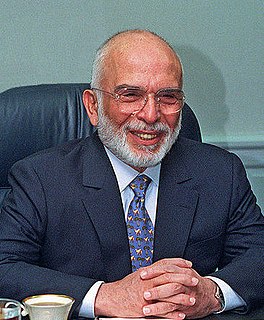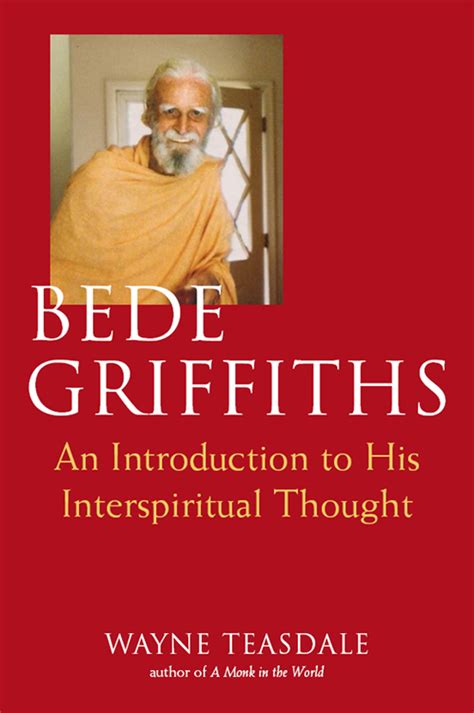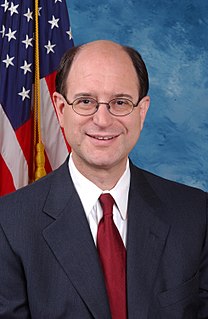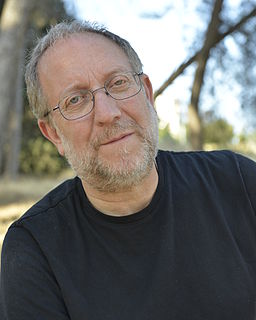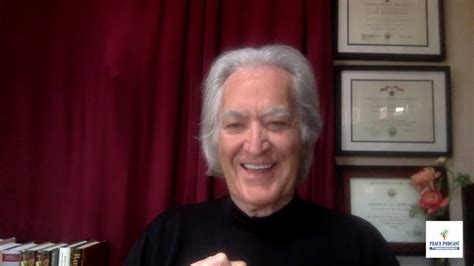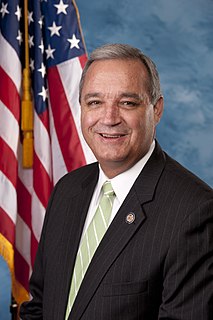A Quote by Neale Donald Walsch
Religious traditions hold enormous value, extraordinary wisdom, breathtaking insights into the human experience, but they are limited to the degree that there has not been a new theological idea expressed by any of the major religions for thousands of years.
Related Quotes
Let's not forget that for thousands of years the institution of marriage has been between a man and a woman. Until quite recently, in a limited number of countries, there has been no such thing as a marriage between persons of the same gender. Suddenly we are faced with the claim that thousands of years of human experience should be set aside because we should not discriminate in relation to the institution of marriage. When that claim is made, the burden of proving that this step will not undo the wisdom and stability of millennia of experience lies on those who would make the change.
It should not be strange that the values cherished by all the three major religions are the same, since they originate from a common source. For example, Islam, the predominant religion in the Middle East, accepts as an integral part of its religious teachings both the Old and the New Testaments. If this commonality of moral traditions among the world's major religions does not say something about the universality of religion, it does say something about the universality of mankind.
But theological change happens though selective quoting. Every religious person does it: You quote those verses that resonate with your own religious insights and ignore or reinterpret those that undermine your certainties. Selective quoting isn't just legitimate, but essential: Religions evolve through shifts in selective quoting.
... if you repeat a thought, or say a word, over and over again-not once, not twice, but dozens, hundreds, thousands of times-do you have any idea of the creative power of that? A thought or a word expressed and expressed and expressed becomes just that-expressed. That is, pushed out. It becomes outwardly realized. It becomes your physical reality.
A religion made up solely of heightened religious experiences would not be a religion at all. ...The major religious traditions address the mysteries (with or without entheogens), but they have other business to do: widen understanding, give meaning, provide solace, promote loving-kindness, and connect human being to human being.
Any person of any philosophic persuasion who sits on a hot stove will verify without any intellectual argument whatsoever that he is in an undeniably low-quality situation: that the value of his predicament is negative. This low quality is not just a vague, woolly-headed, crypto-religious, metaphysical abstraction. It is an experience. It is not a judgment about an experience. It is not a description of experience. The value itself is an experience. As such it is completely predictable. It is verifiable by anyone who cares to do so.
The separation of church and state is extremely important to any of us who holds to the original traditions of our nation. . . . To change these traditions . . . would be harmful to our whole attitude of tolerance in the religious area. If we look at situations which have arisen in the past in Europe and other world areas, I think we will see the reason why it is wise to hold to our early traditions.




